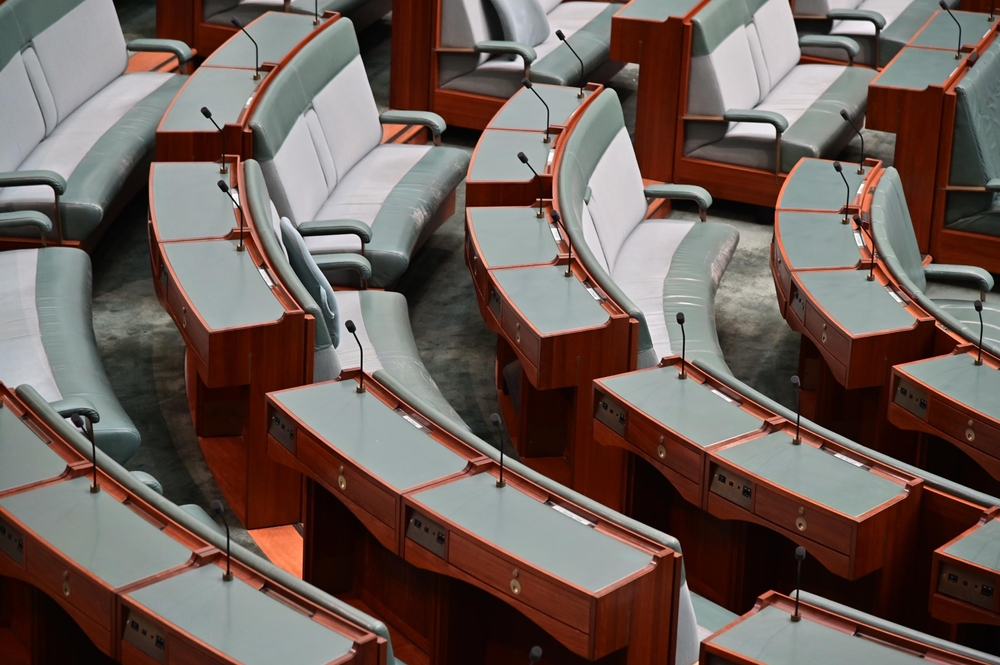
Garma Festival llustration: Don Lindsay
Conrad Liveris, a prominent business leader, has called on the Australian government to concentrate on fostering economic growth rather than focusing on feelings of guilt. His remarks, made during the recent Garma Festival, highlighted the potential for positive change if commitments are translated into effective actions.
During the festival, which took place in August 2023, the government made several pledges aimed at improving the socio-economic conditions of Indigenous communities. Liveris emphasized that these declarations are more than mere words; they must lead to tangible outcomes that benefit all Australians. The time for action, he argued, is now.
Calls for Action and Accountability
Liveris stressed that while acknowledging historical injustices is important, it should not overshadow the urgent need for economic progress. He pointed out that Indigenous communities require support to thrive in today’s economy. “We need to move beyond guilt and focus on what can be achieved through growth,” he stated, urging policymakers to direct their efforts towards initiatives that create jobs and opportunities.
The Garma Festival serves as a key platform for discussions surrounding Indigenous affairs and their integration into the broader Australian economic landscape. Attendees included government officials, business leaders, and community representatives, all advocating for sustainable development strategies that respect Indigenous rights and culture.
Liveris’ insights resonate with ongoing debates in Australia regarding the balance between reconciliation efforts and economic development. The Australian government has faced criticism in the past for not delivering on promises made to Indigenous peoples. As such, Liveris’ call for a shift in focus is seen as both timely and necessary.
Potential Economic Impact
The economic implications of prioritizing growth could be substantial. According to a report by the Australian Bureau of Statistics, Indigenous Australians face significant employment and income disparities. By investing in targeted programs that promote entrepreneurship and skill development within these communities, the government could help close this gap and stimulate broader economic growth.
Liveris pointed to successful models in other countries where Indigenous communities have thrived economically through strategic partnerships with businesses and government entities. He advocated for similar initiatives in Australia, suggesting that collaboration could lead to innovative solutions that benefit all parties involved.
As the government considers its next steps following the commitments made at the Garma Festival, the pressure is on to deliver results. The public, especially Indigenous communities, will be watching closely to see if these pledges transform into actionable policies that lead to meaningful change.
In conclusion, Conrad Liveris has highlighted a pivotal moment for Australia. By shifting focus from guilt to growth, the government has the opportunity to create a more inclusive and prosperous future for all Australians. The road ahead requires commitment, accountability, and a clear vision to ensure that the promises made resonate beyond rhetoric and lead to lasting impacts.






